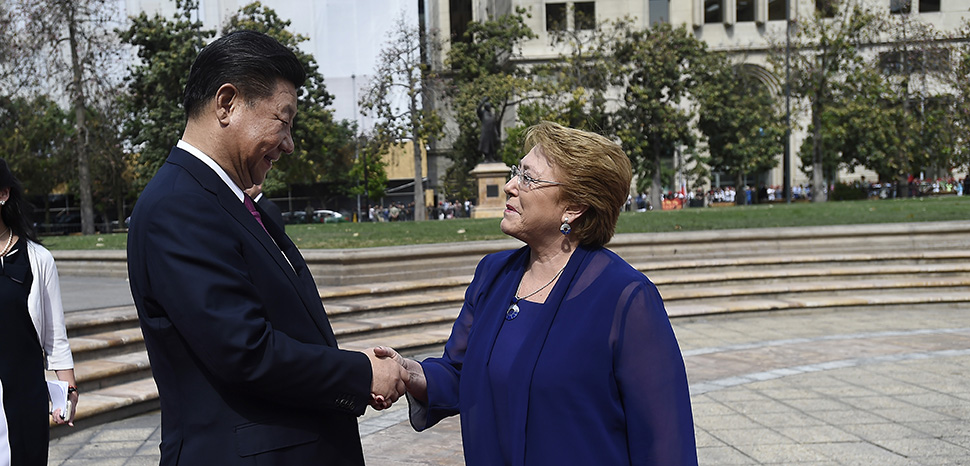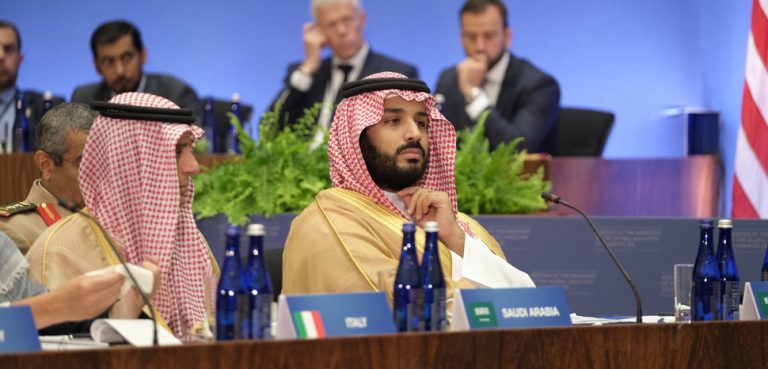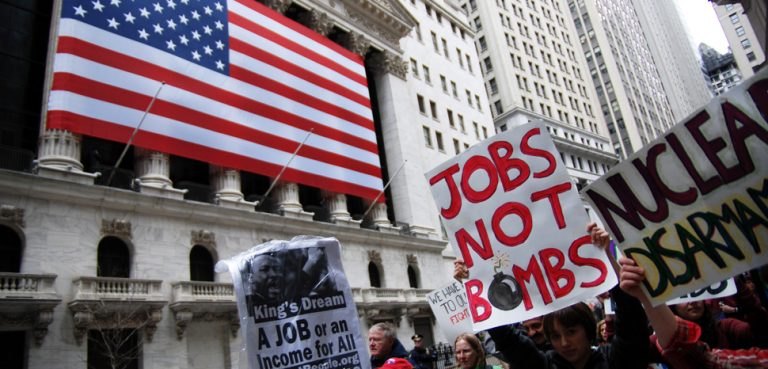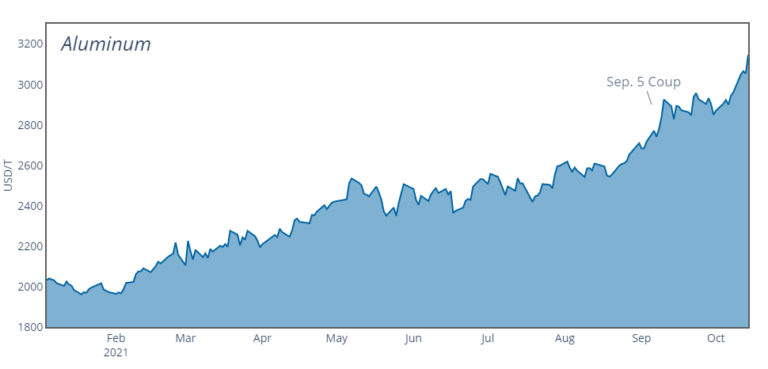For UN High Commissioner for Human Rights Michelle Bachelet, a visit to China has been in the works for years, and with it comes high stakes. Responding to reports that in the western Chinese province of Xinjiang, more than one million Uyghur Muslims had been subject to torture as well as imprisoned in so-called re-education camps, the United Nations requested direct access to Chinese facilities as early as 2018.
Despite the fact that information has been slow to trickle out of authoritarian China due to strict control over national media, international researchers and human rights activists gathered convincing evidence, calling out the deplorable conditions facing the Uyghur Muslim population, from prolonged detainment, mass surveillance, forced sterilization, to the accusation of cultural genocide. A trove of data recently obtained by hackers includes 2,800 photographs, hundreds of spreadsheets, and speeches that link Chinese President Xi Jinping directly with abusive policies aimed at the Uyghur population.
Bachelet had hoped to secure a timeline for her visit last year and aimed to look into reports of human rights violations at the hands of the Chinese state. In June of 2021, Bachelet had voiced her own frustration at the pace of negotiations, threatening to document the difficult environment for Uyghurs in Western China regardless of whether a visit transpired or not. Some of the delays involved China’s perceived guilt in the eyes of Western observers, to which Jiang Duan, minister at the Chinese Mission to the UN in Geneva suggested that her visit should not be a “so-called investigation based on presumption of guilt.”
Negotiations eventually concluded and in March Bachelet announced her visit, yet the end result was a grand failure. It was to be the first time a sitting UN human rights chief visited China since 2005, but the trip amounted to little to none of what was first suggested: a trip with “meaningful, unsupervised access” to the Xinjiang region. Bachelet herself had originally insisted on “unfettered” access. While she visited the cities of Kashgar and Ürümqi in Xinjiang, the Chinese Foreign Ministry said that her trip would be conducted in a “closed loop,” supposedly to contain the spread of COVID-19. No international journalists were allowed to travel with her.
During her visit, Bachelet met with a number of senior Chinese officials including Chinese Foreign Minister Wang Yi, as well as civil society organizations, business representatives, academics, and of course, some carefully-selected members of China’s Uyghur population. In preparation however, China repeatedly warned Uyghurs in China and abroad not to talk about “re-education” camps. State police reportedly pressured the relatives of Uyghurs in exile to prevent them from talking about rights abuses in Xinjiang.
The damage done by Bachelet’s uncritical tour through China is serious. In addition to the mountain of evidence recently uncovered such as detailed photographs of police abuse in Xinjiang and revelations of a shoot-to-kill policy for those trying to escape Chinese detention camps, a host of other human rights abuses still exist in plain sight.
In Tibet, abuses are commonplace, ranging from multiple cases of arbitrary arrest and detention, restrictions on freedom of movement and assembly, widespread censorship, and the religious persecution of Tibetan Buddhists. China’s distaste for His Holiness the Dalai Lama is well known. Hong Kong has gone from a bustling city of broad international appeal to one deprived of essential civil liberties, including freedom of assembly, the decimation of civil society, as well as a crackdown on opposition lawmakers and what remained of a free press. Hong Kong’s diaspora have markedly increased since the passage of the 2020 national security law. China’s human rights abuses have been a dominant part of a global discourse, and earlier sparked a diplomatic boycott of Beijing’s Winter Olympic Games.
Instead of being more insistent on uninterrupted access to Uyghur minorities, Bachelet was greeted by Chinese President Xi Jinping with a lecture. In a video call, Xi said that there was “no need for ‘preachers’ to boss around other countries, still less should they politicize the issue, practice double standards or use it as an excuse to interfere in other countries’ internal affairs.” Worse, Bachelet was photographed with Wang Yi holding a copy of Xi Jinping’s book, mockingly titled, “Xi Jinping’s Excerpts on Respecting and Protecting Human Rights.” In short, by being so willing to capitulate to the demands of the Chinese government, Bachelet willingly agreed to participate in a guided tour that served to further its propaganda aims.
Part of the problem has been the leadership of UN Secretary-General António Guterres, who has stayed largely silent on human rights in China. Bachelet’s visit wasn’t the only option. The UN Human Rights Council could have appointed a Special Rapporteur to address the concerns of the Uyghur population. A number of independent experts had previously called for such a mechanism, but without success. Guterres has not pushed for fundamental reforms of the UN system, which has allowed China to increase its influence over major UN institutions, including the Human Rights Council. At COP26, held in Glasgow last year, human rights in China were downplayed in favor of bringing the Chinese leadership to the table on climate change.
While Bachelet insisted that she spoke with “candor” with Chinese leaders, her scripted visit to China left little to show in the way of details. She is expected to punctuate her visit with a report, which will reveal the extent to which she was allowed access and how open and transparent people she spoke with truly were. However, Bachelet already admitted she did not visit a prison in Xinjiang where those convicted of terrorism or political crimes are housed. She also did not visit China’s infamous “vocational training centers,” which Beijing now claims have been closed.
By agreeing to the terms set by the Chinese, the United Nations has little opportunity for a repeat trip, even if conditions worsen. China can now claim that they were open and transparent, and dismiss the notion of a follow-up as unnecessary. Beijing negotiated the terms of Bachelet’s visit with precision and in turn received a major public relations boost in the process. The visit did little to bolster the reputation of the Office of the High Commissioner or Bachelet herself, who was roundly mocked by the United States, calling her trip “a mistake.” After nearly four years of posturing and negotiation, the UN’s grand opportunity to shed light on some of the gravest human rights abuses of our time ended in failure.
The views expressed in this article belong to the authors alone and do not necessarily reflect those of Geopoliticalmonitor.com




